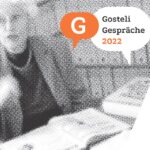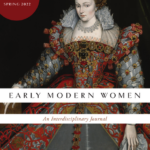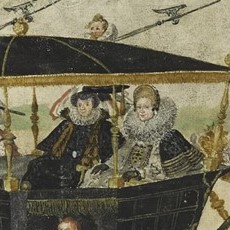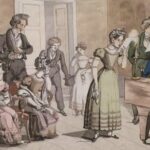 MODOS Journal; Ana Paula Cavalcanti Simioni (São Paulo) and Patricia Mayayo (Madrid) (Web)
MODOS Journal; Ana Paula Cavalcanti Simioni (São Paulo) and Patricia Mayayo (Madrid) (Web)
Proposals by: 31.10.2022
What are the impacts of feminism beyond the hegemonic centers?
In 1971, Linda Nochlin published the famous article “Why have there been no great women artists”, which constitutes a landmark for gender studies in the field of the arts. In 2021, this publication completed 50 years, whose international repercussion was large, but unequal. If the importance of feminism in countries like England and the USA is unquestionable (due to the way it is present in different generations of artists, especially from the 1970s onwards, as well as in critics and art institutions), this might not be the case in other geographical contexts. In Western Europe, the impacts and temporalities of feminism in the art world are uneven and their manifestations different than the ones described in Anglo-American canonical narratives. These differences have even more significant dimensions if we think of regions seen as “non-central”, such as Eastern Europe, Latin America, Africa, and Asia.
This dossier seeks to gather articles that debate, analyze and/or problematize the impacts of feminisms in the art system, notably in countries and regions less studied in scholarly literature. The editors intend to think on the reception, circulation, reinterpretation, importance, and even the weaknesses, resistance or rejection, of feminist proposals in countries outside the Anglo-American axis. The editors understand feminism as a plural and diverse field, which brings together multiple proposal and aesthetics, which vary according to the context in which they are produced and mobilized. Read more … (Web)
Source: Gender Campus

 Luisa Banki (Wuppertal), Juliane Sucker und Doerte Bischoff (Hamburg)
Luisa Banki (Wuppertal), Juliane Sucker und Doerte Bischoff (Hamburg)  Archiv zur Geschichte der schweizerischen Frauenbewegung und Univesität Bern
Archiv zur Geschichte der schweizerischen Frauenbewegung und Univesität Bern 
 Early Modern Women: An Interdisciplinary Journal
Early Modern Women: An Interdisciplinary Journal  Society for Court Studies, org. by the European Branch Committee and the Department of History at the University of Helsinki
Society for Court Studies, org. by the European Branch Committee and the Department of History at the University of Helsinki  Nancy November (Univ. of Auckland, New Zealand) and Anja Bunzel (Czech Academy of Sciences)
Nancy November (Univ. of Auckland, New Zealand) and Anja Bunzel (Czech Academy of Sciences)